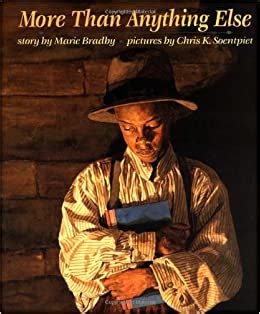A Quote by Jonathan Evison
I write as a matter of need - seven books and God knows how many short stories before anyone published me.
Related Quotes
Of course all children's literature is not fantastic, so all fantastic books need not be children's books. It is still possible, even in an age so ferociously anti-romantic as our own, to write fantastic stories for adults: though you will usually need to have made a name in some more fashionable kind of literature before anyone will publish them.
The most important thing for a writer to do is to write. It really doesn't matter what you write as long as you are able to write fluidly, very quickly, very effortlessly. It needs to become not second nature but really first nature to you. And read; you need to read and you need to read excellent books and then some bad books. Not as many bad books, but some bad books, so that you can see what both look like and why both are what they are.
No strict schedule, but I write nearly daily in my journal. Sometimes I go back and pull out things to give to my characters and my settings in books that I write. But the books themselves are not scheduled. I work on a book when it comes to me, usually about one a year. I spend a lot of time working on it in my head. But getting it published is another matter. So, I have a lot of unpublished manuscripts.
I've always loved short stories. Even before I was a writer I was reading short stories - there were certain writers where I just felt like they could do in a short story what so many writers needed a whole novel to do, and that was really inspiring to me. Alice Munro, I felt that way about from an early time. Grace Paley.
Productivity is a relative matter. And it's really insignificant: What is ultimately important is a writer's strongest books. It may be the case that we all must write many books in order to achieve a few lasting ones - just as a young writer or poet might have to write hundreds of poems before writing his first significant one.
War never accomplishes anything. It's never going to look good in the history books. People are never going to look back and think, 'He started a lot of wars; what a great leader he was!' That's not the way it works. God knows how many more of these things we're going to need before it starts to sink in.




































